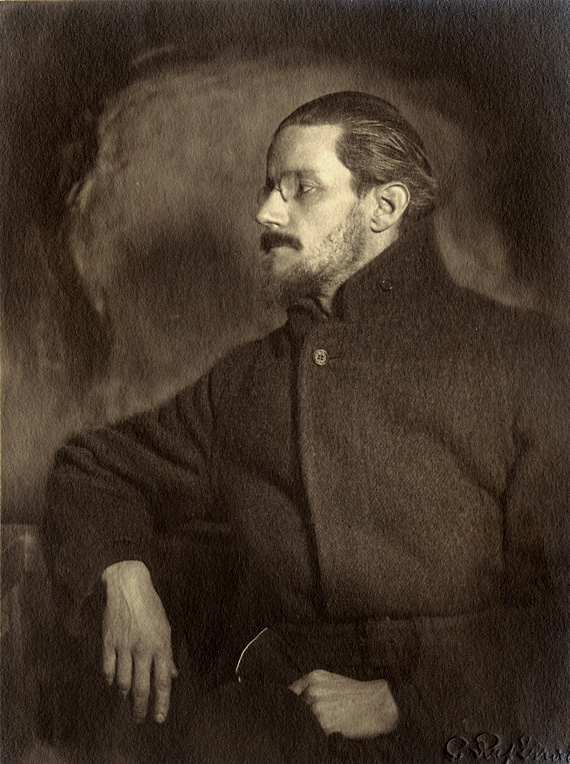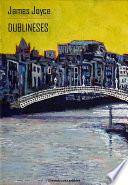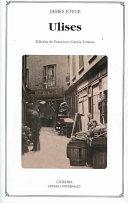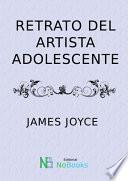Obras
Frases célebres de James Joyce
“Ya que no podemos cambiar de país, cambiemos de tema.”
Sin fuentes
Fuente: Ulises.
Frases de mundo de James Joyce
James Joyce Frases y Citas
Dubliners
A Portrait of the Artist as a Young Man
James Joyce: Frases en inglés
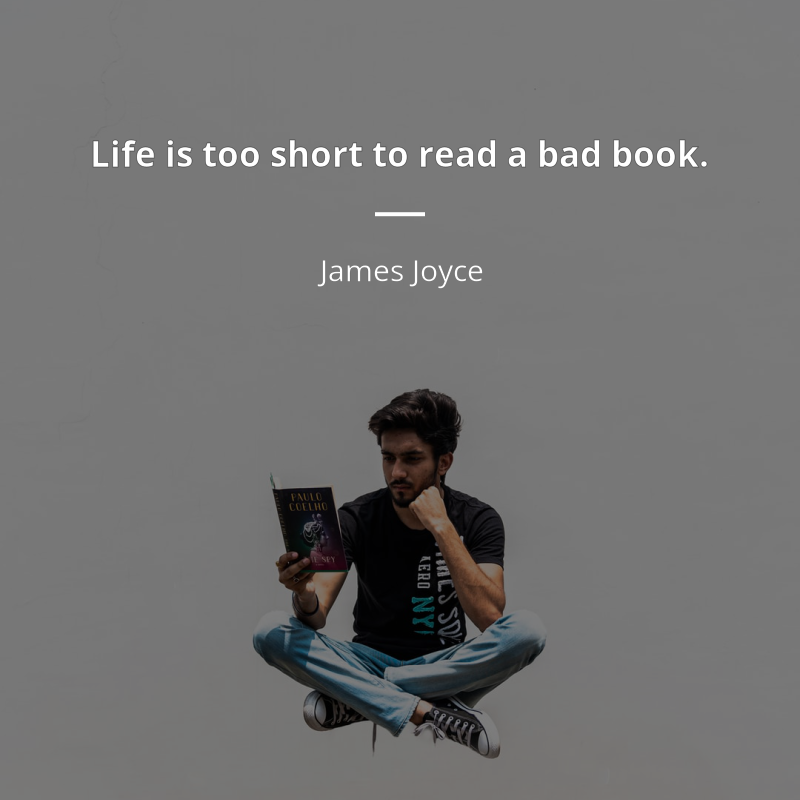
“He tried to weigh his soul to see if it was a poet's soul.”
"A Little Cloud"
Dubliners (1914)
Contexto: He tried to weigh his soul to see if it was a poet's soul. Melancholy was the dominant note of his temperament, he thought, but it was a melancholy tempered by recurrences of faith and resignation and simple joy. If he could give expression to it in a book of poems perhaps men would listen.
“History, Stephen said, is a nightmare from which I am trying to awake.”
Fuente: Ulysses (1922), Ch. 2: Nestor
Stephen Hero (1944)
Contexto: This triviality made him think of collecting many such moments together in a book of epiphanies. By an epiphany he meant a sudden spiritual manifestation, whether in the vulgarity of speech or of gesture or in a memorable phase of the mind itself. He believed that it was for the man of letters to record these epiphanies with extreme care, seeing that they themselves are the most delicate and evanescent of moments. He told Cranly that the clock of the Ballast Office was capable of an epiphany. Cranly questioned the inscrutable dial of the Ballast Office with his no less inscrutable countenance:
—Yes, said Stephen. I will pass it time after time, allude to it, refer to it, catch a glimpse of it. It is only an item in the catalogue of Dublin's street furniture. Then all at once I see it and I know at once what it is: epiphany.
"James Clarence Mangan" (1902) http://andromeda.rutgers.edu/~ehrlich/382/MANGAN1, a lecture on Mangan delivered at the Literary and Historical Society, University College, Dublin (1 February 1902) and printed in the college magazine St. Stephen's
Contexto: Poetry, even when apparently most fantastic, is always a revolt against artifice, a revolt, in a sense, against actuality. It speaks of what seems fantastic and unreal to those who have lost the simple intuitions which are the test of reality; and, as it is often found at war with its age, so it makes no account of history, which is fabled by the daughters of memory.
“A Place for Everything and Everything in its Place, Is the Pen Mightier than the Sword?”
Page 306
Finnegans Wake (1939)
Contexto: A Place for Everything and Everything in its Place, Is the Pen Mightier than the Sword? A Successful Career in the Civil Service.
“Every night as I gazed up at the window I said to myself softly the word paralysis.”
"The Sisters"
Dubliners (1914)
Contexto: Every night as I gazed up at the window I said to myself softly the word paralysis. It had always sounded strangely in my ears, like the word gnomon in the Euclid and the word simony in the Catechism. But now it sounded to me like the name of some maleficent and sinful being. It filled me with fear, and yet I longed to be nearer to it and to look upon its deadly work.
“It soared, a bird, it held its flight, a swift pure cry, soar silver orb it leaped serene,”
Ulysses (1922)
Contexto: It soared, a bird, it held its flight, a swift pure cry, soar silver orb it leaped serene, speeding, sustained, to come, don't spin it out too long long breath he breath long life, soaring high, high resplendent, aflame, crowned, high in the effulgence symbolistic, high, of the ethereal bosom, high, of the high vast irradiation everywhere all soaring all around about the all, the endlessnessnessness... (271)
“The apprehensive faculty must be scrutinised in action.”
Stephen Hero (1944)
Contexto: Imagine my glimpses at that clock as the gropings of a spiritual eye which seeks to adjust its vision to an exact focus. The moment the focus is reached the object is epiphanised. It is just in this epiphany that I find the third, the supreme quality of beauty. … No esthetic theory, pursued Stephen relentlessly, is of any value which investigates with the aid of the lantern of tradition. What we symbolise in black the Chinaman may symbolise in yellow: each has his own tradition. Greek beauty laughs at Coptic beauty and the American Indian derides them both. It is almost impossible to reconcile all tradition whereas it is by no means impossible to find the justification of every form of beauty which has ever been adored on the earth by an examination into the mechanism of esthetic apprehension whether it be dressed in red, white, yellow or black. We have no reason for thinking that the Chinaman has a different system of digestion from that which we have though our diets are quite dissimilar. The apprehensive faculty must be scrutinised in action.
Stephen Hero (1944)
Contexto: Imagine my glimpses at that clock as the gropings of a spiritual eye which seeks to adjust its vision to an exact focus. The moment the focus is reached the object is epiphanised. It is just in this epiphany that I find the third, the supreme quality of beauty. … No esthetic theory, pursued Stephen relentlessly, is of any value which investigates with the aid of the lantern of tradition. What we symbolise in black the Chinaman may symbolise in yellow: each has his own tradition. Greek beauty laughs at Coptic beauty and the American Indian derides them both. It is almost impossible to reconcile all tradition whereas it is by no means impossible to find the justification of every form of beauty which has ever been adored on the earth by an examination into the mechanism of esthetic apprehension whether it be dressed in red, white, yellow or black. We have no reason for thinking that the Chinaman has a different system of digestion from that which we have though our diets are quite dissimilar. The apprehensive faculty must be scrutinised in action.
“In the name of the former and of the latter and of their holocaust. Allmen.”
419.9-10
Finnegans Wake (1939)
